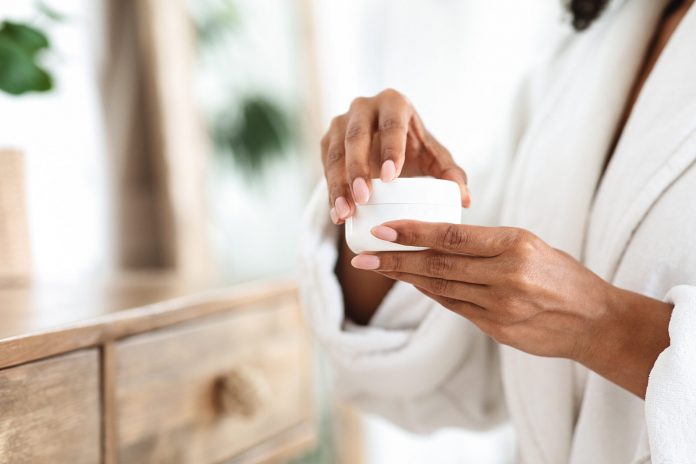Just because a beauty product makes magical promises, that doesn’t mean you should rush right out and buy it. If it sounds too good to be true, say the experts, it probably is. Here’s our list of products to leave on the drugstore shelves:
Dark Spot Remover Creams. If you want to rid your skin of dark spots, opt to see your dermatologist for a prescription. Creams sold over the counter are not medical grade strength, and are too low in concentration of the active ingredients that fade dark spots.
Stretch Mark Creams. Anyone who has experienced rapid growth—from pregnancy to increased muscle mass from exercising—knows what stretch marks look like. While it would be nice to be able to smooth on a cream to make your stretch marks disappear, that’s unlikely to happen. Why? Stretch marks are scars within the inner layer of skin, and topical creams can’t reach this layer. Your best bet is an early attack on new stretch marks (when they are still pink, reddish-brown or purple) with a moisturizer containing cocoa butter or shea butter. Skin is better able to stretch when it’s well moisturized. Once stretch marks are older, they are more difficult to treat.
Expensive Moisturizers. According to skin experts, many top-dollar products designed for dry skin are mostly mineral oil or paraffin, which clog pores and causes blackheads and whiteheads. You could drop $150 for a small jar and not see any improvement in your skin at all. Check the ingredients for hyaluronic acid, ceramides and neuropeptides to make sure you’re paying for more than a fancy name.
Pore Strips. Little more than adhesive tape, pore strips don’t have the ability to reach deeply enough to remove the dirt and bacteria that clog your pores. To unclog pores, try clay masks, lemon juice, tea tree oil or witch hazel instead.






